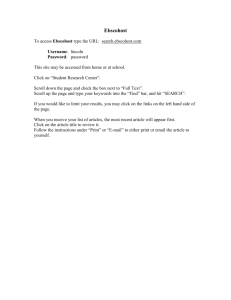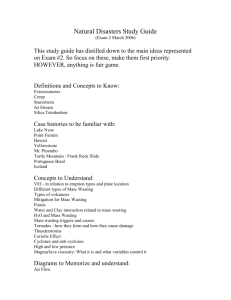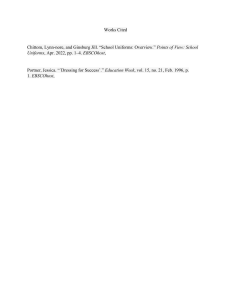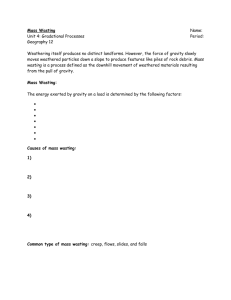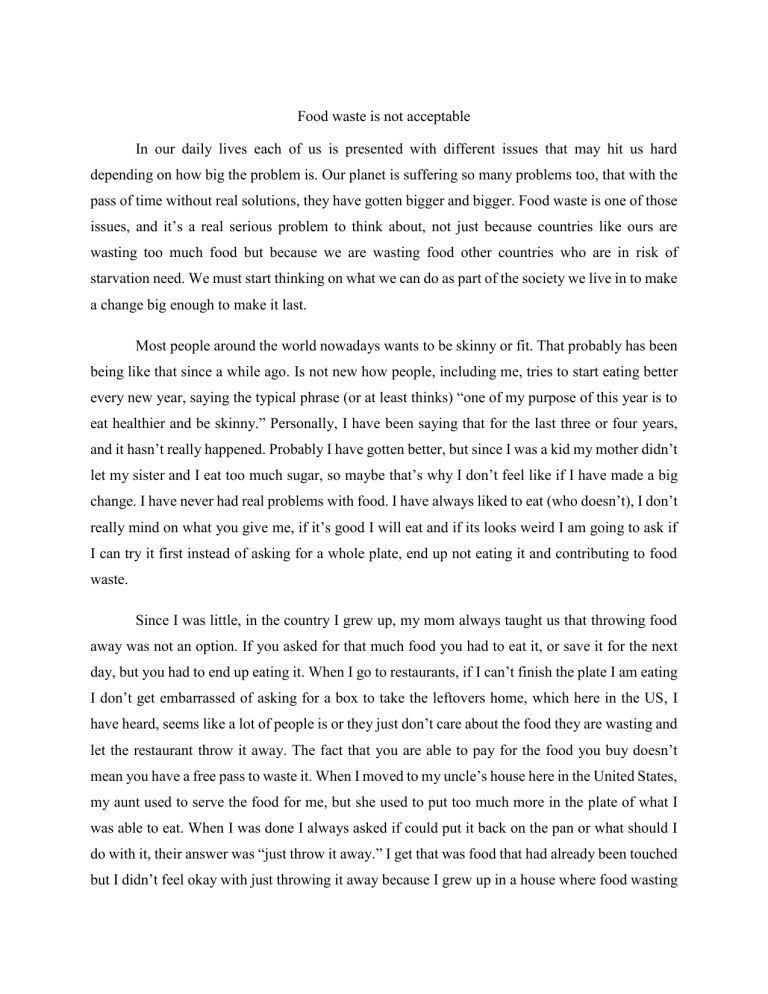
Food waste is not acceptable In our daily lives each of us is presented with different issues that may hit us hard depending on how big the problem is. Our planet is suffering so many problems too, that with the pass of time without real solutions, they have gotten bigger and bigger. Food waste is one of those issues, and it’s a real serious problem to think about, not just because countries like ours are wasting too much food but because we are wasting food other countries who are in risk of starvation need. We must start thinking on what we can do as part of the society we live in to make a change big enough to make it last. Most people around the world nowadays wants to be skinny or fit. That probably has been being like that since a while ago. Is not new how people, including me, tries to start eating better every new year, saying the typical phrase (or at least thinks) “one of my purpose of this year is to eat healthier and be skinny.” Personally, I have been saying that for the last three or four years, and it hasn’t really happened. Probably I have gotten better, but since I was a kid my mother didn’t let my sister and I eat too much sugar, so maybe that’s why I don’t feel like if I have made a big change. I have never had real problems with food. I have always liked to eat (who doesn’t), I don’t really mind on what you give me, if it’s good I will eat and if its looks weird I am going to ask if I can try it first instead of asking for a whole plate, end up not eating it and contributing to food waste. Since I was little, in the country I grew up, my mom always taught us that throwing food away was not an option. If you asked for that much food you had to eat it, or save it for the next day, but you had to end up eating it. When I go to restaurants, if I can’t finish the plate I am eating I don’t get embarrassed of asking for a box to take the leftovers home, which here in the US, I have heard, seems like a lot of people is or they just don’t care about the food they are wasting and let the restaurant throw it away. The fact that you are able to pay for the food you buy doesn’t mean you have a free pass to waste it. When I moved to my uncle’s house here in the United States, my aunt used to serve the food for me, but she used to put too much more in the plate of what I was able to eat. When I was done I always asked if could put it back on the pan or what should I do with it, their answer was “just throw it away.” I get that was food that had already been touched but I didn’t feel okay with just throwing it away because I grew up in a house where food wasting is not acceptable, so I started serving myself instead of letting my aunt do it and getting what I considered I was able to eat. “The FAO defines food waste as ‘food appropriate for human consumption being discarded or left to spoil at the consumer level—regardless of the cause’” (Filipová 714). Food waste is a serious problem happening every day all around the world, and all of us should be serious about it. Maybe it was just a little food I was going to throw into the trash, but if we add up all those pounds of wasted food every house throws every month, we will see is not a small number, besides all the thousands of pounds restaurants, industries, companies, and so many others throw away every day. “The U.S. Environmental Protection Agency estimates Americans generated 37 million tons of food waste in 2013, the latest numbers available” (Moran 28). 37 million tons of food wasted. That’s a big mountain of food that, being in good conditions, could have fought against starvation in Africa for a while. “Some 20 million people in Nigeria, Somalia, Yemen and South Sudan are at risk of starving to death in crises driven by conflict and drought” (Scott Simon). In my opinion, it’s kind of ironic how in those countries people is missing food for their population and here we are wasting it like if it wasn’t hard to get it. It requires a lot people and producers to get the food we put in our tables. Tristram Stuart mentions in its video The Global Food Waste Scandal from one of the TED talks he had made, that the United States has like four times the amount of food we need for the whole country from which 31% of the total food supply ends up as waste. Why do we need all that food for? That could have been transferred to other countries that do need it. On Fall 2017 and Spring 2018 I worked in an after-school program for kids in elementary school. When the program started, which was a two o’clock in the afternoon, we had to provided supper for the kids. The tray contained raisins, sunflower seeds, cheese, sunflower butter, a juice, and cookies from what I can remember. I agreed when my kids didn’t want to eat it because it wasn’t the best meal in the world, so I used to tell them that if they didn’t want supper to not get it, because even with the kids that were saving a little bit of that food, at the end of the day the trash cans were always filled with unopen boxes of raisins, bags of sunflowers seeds, milks and juices, and sometimes the whole unopen tray. When I saw how much food was being waste every afternoon at that school I felt really bad, to the point I wanted to ask my supervisor if they were at least separating the unopen boxes in the trash with the ones that were open. Maybe we could have put all that food together, make little packages and give it to the homeless, but I never asked so I don’t know if it was allowed or not. So many times, I felt impotence because I couldn’t do something with all that wasted food. Has human beings we must start getting more conscious about how we are ending we our planet. Is not just the food we are wasting, we are ending up with all our resources, but at least most of the food is biodegradable. What about that island of plastic trash laying in the middle of the sea in the Pacific Ocean? All those issues are all the consequences we got from acting just for our benefit, without thinking in the future. So many factors contribute to these issues. For example, in food waste “the rate at which food is wasted depends on the age, economic status and education of the person managing food in a household, on the household’s income per person and on total household income. Younger people, students, economically active people and people from higher-income households (both per household and per person) waste more, while pensioners waste much less than other groups” (Filipová 714). If with the pass of the years the big companies and industries haven’t done much to reduce the amount of food waste they create, each of us should start creating initiatives to make people in the groups who waste more food more self-conscious of what they are doing. Let’s talk to our friends about what matters. Let’s convince them on buying just what is enough, on getting just what is enough. US’s children should be taught that food is not to waste, just how my mother showed me. Most of them give for granted all the resources they have, but if they could know what is leaving in a country where a father of three children can only get enough food for a day without knowing if tomorrow he will be able to get it again, the statistics and how people appreciate the things would be different. We don’t need all of what we have. Most people just buy because they want the stuff, not because they need them. Consumption is another big disease most of the richest countries in the world have. We need to change, and we need to do it now. As part of how I am trying to make a change, I have been creating an environment of not wasting food in my house. Everybody is trying to eat just what they need. By these, we can even start losing weight because we are not over eating, we are eating just the enough. Everybody should start thinking and creating new small solutions, starting by their own. Everybody should start thinking about the consequences consumption in bringing us, getting self-conscious that consumption does not helps, and what is even worse, it ends up with your money. Let’s think about the future and implement ideas to save it. If neither you nor me don’t start, who will? Works Cited “Food Waste by the Numbers.” FoodService Director, vol. 29, no. 3, Mar. 2016, p. 28. EBSCOhost, library.lavc.edu/login?url=http://search.ebscohost.com/login.aspx?direct=true&db=bsh& AN=113400621&site=eds-live. Filipová, Alena, et al. “Characteristics of Food-Wasting Consumers in the Czech Republic.” International Journal of Consumer Studies, vol. 41, no. 6, Nov. 2017, pp. 714–722. EBSCOhost, doi:10.1111/ijcs.12384. “Millions At Risk Of Starvation And Most Americans Don’t Know.” Weekend Edition Saturday, 2017. EBSCOhost, library.lavc.edu/login?url=http://search.ebscohost.com/login.aspx?direct=true&db=edsglr &AN=edsgcl.499130719&site=eds-live. “The Global Food Waste Scandal.” TED, Tristram Stuart, May 2012, https://www.ted.com/talks/tristram_stuart_the_global_food_waste_scandal.
